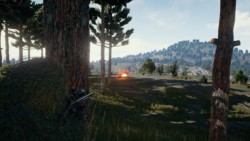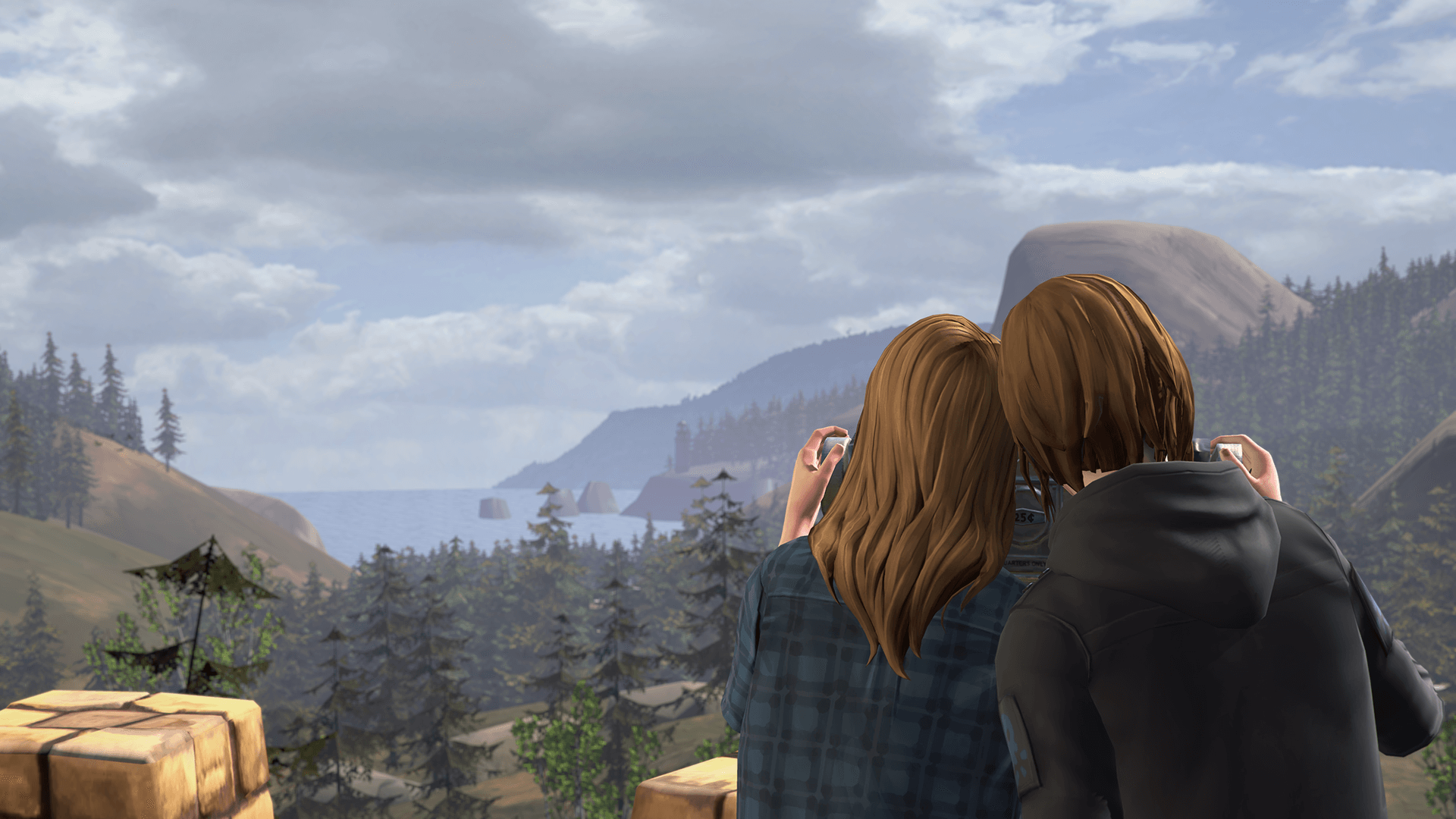Levelling up from student journalism: an interview with Ali Jones
For as long as there have been videogames, there has been videogame journalism. Reviewing, reporting, and retrospecting are all involved in this ever-expanding industry. But to those on the outside, gaming journalism can seem like a tricky business to fully understand, so we caught up with previous Boar alumni Ali Jones to find out exactly what it means to be a professional games journalist.
When asked to explain his role, Ali responded that most of it is reporting on recent events that have happened in the world of videogames; be it ‘reporting on a new trailer’ or if there is ‘a community story going on’, you’ve got to be on it quick. Then there’s also the long-form stuff which requires a little bit of creativity. For example, in their reporting of ‘user hot-spots’, it emerged that one was in Antarctica, and the team were currently investigating the story behind that.
But in reading and editing so many pieces that were being sent in to the section, the Boar proved very helpful, he said, in transitioning into games journalism.
Games journalists also need to be able to go multi-media, and Ali does streams a couple times a week, reporting on press trips and other such events. He was able to go to Madrid to see Raiders of the Broken Planet, and to London to see Life is Strange: Before the Storm before they were released, all in the name of journalism.
Ali warned that things can get ‘pretty tough’ during the autumn period, when there are very few releases and reveals. It can be hard work when the news is slow. On the flip side, however, it can also be difficult when a big release comes out. For example when Destiny 2 came out, the team really felt the ‘strain’ in dealing with this massive reveal.

Image Credit:Mercury Steam/Mercury Steam
Games journalists are also expected to cover everything that needs to be, which can mean from time to time you do have to cover games you’re not especially interested in. The balance was about ‘50/50’ Ali said, with plenty of opportunity and freedom to cover areas he is interested in, with the occasional necessity in delving into things that he has no real ‘frame of reference for’.
There was clearly room for a little tongue-in-cheek humour over in Ali’s line of work, and he remarked that he couldn’t believe that writing about ‘nude mods’ in JRPGs is a ‘part of his professional life’. The ‘Call of Doody’ poop-scooping company in northern California and apparent ‘camel toe’ on PUBG’s female character models were also something of a highlight.
Recognise and build on your specialisms. Having a ‘unique angle on the industry’ boosts your value within a career in journalism.
When asked if the Boar is helpful in moving into the videogame journalism industry, Ali stated that in many ways his work now was ‘easier’ than editing the games section in the Boar. Though having the creative freedom of the Boar was nice, the work he does now, in being such a bigger operation, allows for the smaller indie games to always get covered. Often he felt they could get overlooked in the Boar for the big games. But in reading and editing so many pieces that were being sent in to the section, the Boar proved very helpful, he said, in transitioning into games journalism.
Ali gave two pieces of advice for getting into journalism. One: write as much as you can. Write for the Boar, for other papers on campus or be really creative and start your own blog, which is seen very favourably in the eyes of employers. Getting into the habit of pitching your own ideas is also a really good thing to do. Two: recognise and build on your specialisms. Having a ‘unique angle on the industry’ boosts your value within a career in journalism.

Image Credit: Bluehole Studio Inc./IGDB
So there you have it: an insight into the world of videogame journalism. Consider Ali’s advice, follow his tips and maybe, just maybe, you’ll find your way there too.

Comments